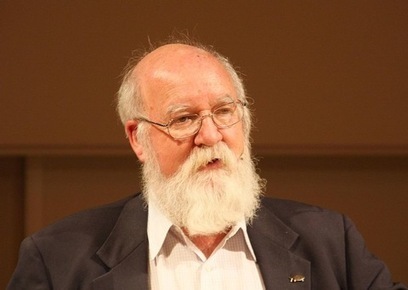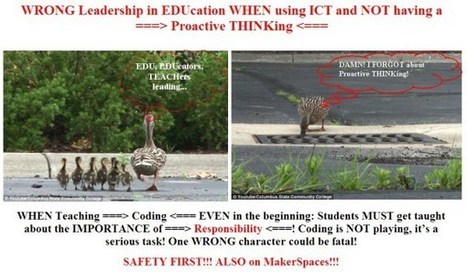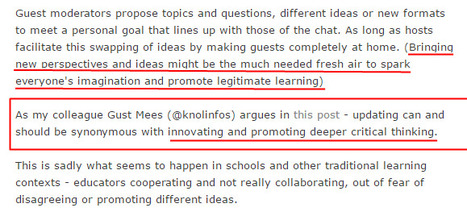I believe in the potential power of blogging. I believe it can be harnessed to be a powerful pedagogical tool in the 21st Century.
4 Benefits of Integrating Blogging into Pedagogy
1. Blogs promote participation and collaboration of knowledge and skills. There are a myriad of resources available on the internet that can help students become creators, and not merely consumers of different texts and bodies of knowledge.
2. Blogs promote global communication and collaboration. Teachers can facilitate interactions with diverse cultures, ethnicities, and religions, and social contexts. Students can be helped to challenging their thinking by considering other viewpoints.
3. Blogs promote the critical analysis of pedagogy and literacies.
4. Blogs create the potential for interactive spaces for authentic exchanges. Strategies including reading logs, book reviews, parental communication, encouraging reading and writing and responding around a particular theme or focus.
If we can harness this power, we have a strong pedagogical tool on our hands. As with other areas in education, we can begin to harness this power by asking ourselves the right kinds of questions that can bring about the results we want to see.
Learn more / En savoir plus / Mehr erfahren:
https://gustmees.wordpress.com/2016/06/06/blogging-is-it-difficult-i-guess-not-a-all-follow-my-advice/
https://gustmees.wordpress.com/2013/03/25/practice/
https://gustmees.wordpress.com/2013/10/14/practice-using-blogs-for-home-work-to-get-ict-skills-and-creativity/



 Your new post is loading...
Your new post is loading...














Love him or hate him, many of our readers may know enough about Daniel C. Dennett to have formed some opinion of his work. While Dennett can be a soft-spoken, jovial presence, he doesn’t suffer fuzzy thinking or banal platitudes— what he calls “deepities”—lightly.
Learn more / En savoir plus / Mehr erfahren:
http://www.scoop.it/t/21st-century-learning-and-teaching/?tag=Critical-Thinking